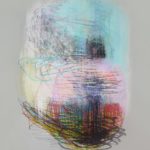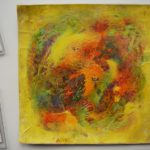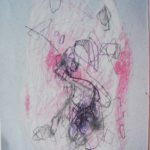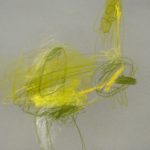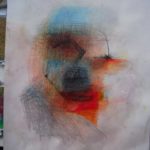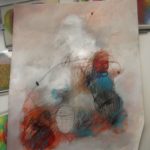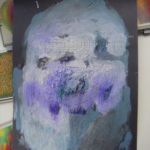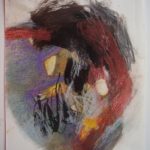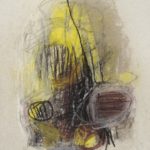By analogy with the radio, we can say that people have a certain wavelength range, in which their perception can run. Within this human range there is “mandatory” wavelengths that are “caught” by the majority of normal people and have a range of gestalts that are caught or not caught by people depending on their natural talent, perception, learning…
The process of developing a range of affordable personal gestalt can be compared with the development of human vocabulary. Starting with the simplest of words, absorbed in the first months of life, people are expanding their vocabulary, learning first mandatory minimum of words, then mastering the words associated with the profession, and so on. Therefore, personal operating range gestalt can be called cognitive reserve, or cognitive vocabulary (from the Latin “cognoscere”, “know”, “to know”).When a person is faced with a situation or thing, in which he detects subtle gestalt of his cognitive vocabulary, but it has no direct correspondence in vocabulary, he feels confident that he knew the situation or thing, understood it correctly, knows what to do with it, – but have a difficulty with verbal description of the reasons for his confidence.
More-gol underground art festival, Efir, Kiev, 2015
Тонкощі когнітивного словника
За аналогією з радіоприймачем, можна сказати, що люди мають певний діапазон хвиль, у якому може працювати їх сприйняття. Всередині цього людського діапазону є “обов’язкові” довжини хвиль, які “ловляться” більшістю нормальних людей, і є діапазони гештальтів, які ловляться або не ловляться людьми залежно від їх природних талантів, сприйняття, навчання.
Процес розвитку індивідуального спектра доступних гештальтів можна порівняти з розвитком словникового запасу людини. Починаючи з найпростіших слів, що освоюються в перші місяці життя, люди розширюють свій словник, освоюючи спочатку обов’язковий мінімум слів, потім освоюючи слова, пов’язані з професійною діяльністю тощо. Тому особистий робочий діапазон гештальтів можна назвати когнітивним запасом або когнітивним словником (cognoscere, “знати”, “пізнавати”).
Коли людина стикається з ситуацією або річчю, в якій він розпізнає тонкий гештальт зі свого когнітивного словника, але при цьому не має прямих відповідностей у словниковому запасі, він відчуває впевненість у тому, що знав ситуацію чи річ, правильно її зрозумів, знає, що з нею робити – але при цьому зазнає труднощів зі словесним описом причин своєї впевненості.









